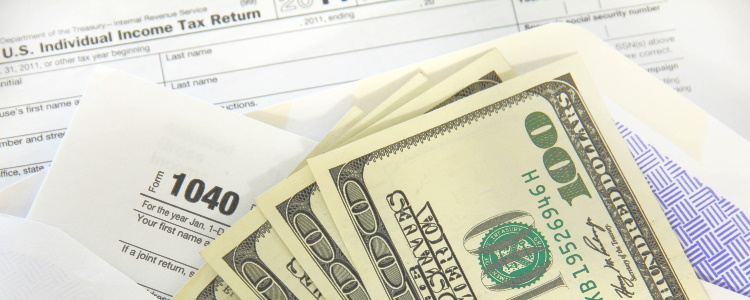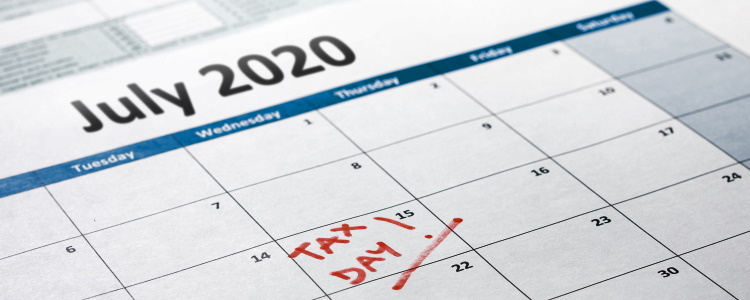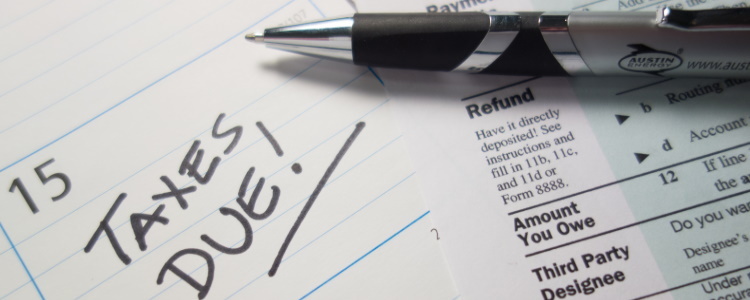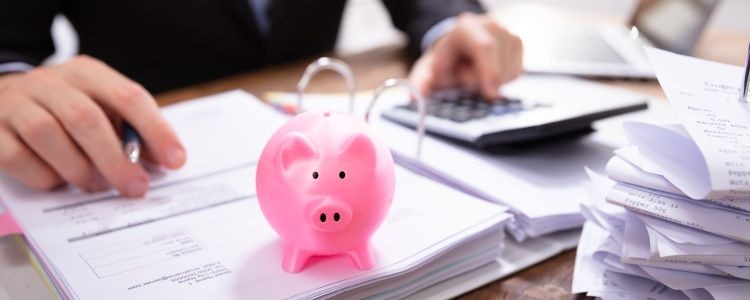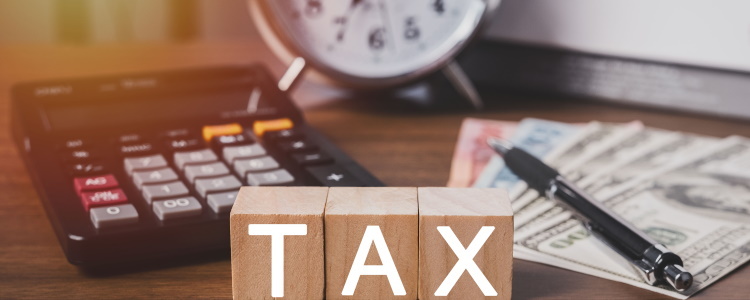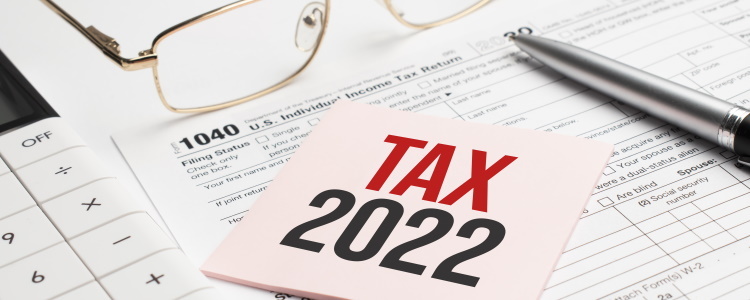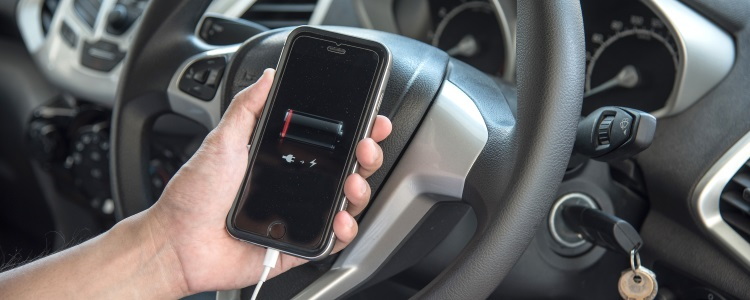This year, tax season was extended to July 15 instead of April 15 due to the coronavirus pandemic. If you’re taking advantage of the late filing this year and are expecting a large tax refund, have you thought about what to do with it yet? We’ve got four ideas on how to make the most of this once-a-year cash cow.
Save it, Save it, Save it
This isn’t a fresh, new idea on what to do with your tax return, but there’s a reason why it’s usually recommended. If the coronavirus has taught us anything this year when it comes to financial stability, it’s that having a savings safety net is extremely important.
We’re not saving to save the whole thing, but it's always a good idea to have between three to six months’ worth of expenses saved up in case of an emergency. If you depleted your savings at the beginning of this year (like many Americans), your tax return could refill your piggy bank.
Invest It!
We’re not saying invest it in the stock market – invest it in yourself and your big-ticket items. This could mean getting that new appliance, getting a new set of tires on your car, or even making a large payment on your mortgage or auto loan.
Investing your tax return into the items you already have is a good way to stay out of negative equity, and help your stuff keep their value (and work well!). Keeping up on your vehicle’s maintenance may allow you to avoid expensive repairs down the road.
Pay Down Debt and Repair Your Credit
Looking to improve your credit score for future car loans or other lines of credit? Now may be the perfect time to do it. With the lump sum from your tax return, you could pay down your credit cards, pay off outstanding debts, or a large payment on your current auto loan – all of which can help improve your credit score.
Additionally, not only has the pandemic extended tax season, the credit bureaus have opened up everyone’s credit reports. Usually, you’re allowed to view each of your three credit reports from the three major credit bureaus once every 12 months, but the precarious circumstances of COVID-19 means you can view your reports weekly until April 2021.
Now, you can repair your credit and watch the impact of your financial habits and actions in nearly live time. Also, don’t be afraid to check your own credit, because it’s a soft inquiry and it won’t lower your credit score.
Down Payment on a Biggggg Item
 Have you been thinking about upgrading your car? Your tax refund could help you meet the down payment requirement of an auto lender.
Have you been thinking about upgrading your car? Your tax refund could help you meet the down payment requirement of an auto lender.
If your credit score isn’t the best, you can bet that a bad credit car lender is going to require a down payment. Saving up a few hundred dollars, or even $1,000, can be difficult (especially during a pandemic!), but your tax refund could be the boost you need to finally get into a nicer vehicle.
Typically, the down payment requirement of a bad credit auto lender is $1,000 or 10% of the car’s selling price, sometimes whichever is less. And when it comes to down payments, you can always put down more than the minimum amount required to lower your monthly payment, and decrease your interest charges to save cash overall on your loan.
Looking for an Auto Lender?
Here at Auto Credit Express, we’ve got the financial smarts because we’ve been in the business of connecting borrowers to local dealerships they need for years – and we want to help you, too!
If you’re in need of your next auto loan, and your tax refund can help you as a down payment, start the car shopping process with us. Complete our free auto loan request form, and we’ll look for a dealership in your area that has bad credit lending options you need!
